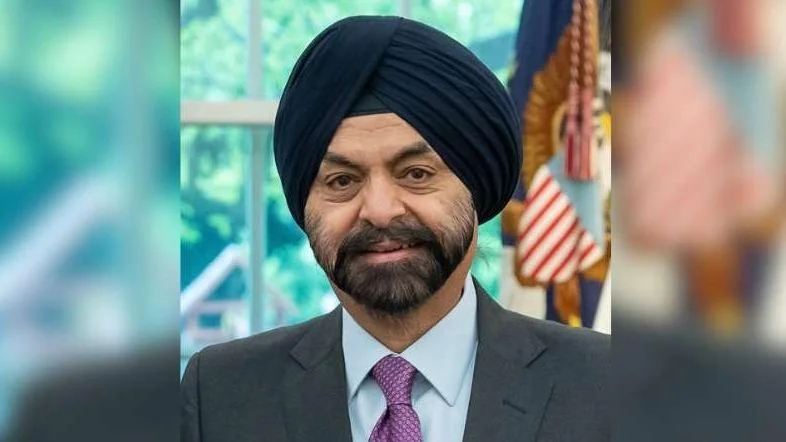Citizens, communities, and businesses in the Federated States of Micronesia (FSM) and the Republic of the Marshall Islands (RMI) are expected to benefit from improved public services through a new World Bank-supported project. This initiative aims to enhance institutional capacity and technical skills in managing development-financed operations.
The Implementation Capacity for Transformative Results (IMPACT) Project, approved by the World Bank’s Board of Executive Directors, will aid governments in both countries to strengthen institutional systems and build national skills necessary for delivering public services, infrastructure, and other development investments.
David Paul, Minister of Finance, Banking and Postal Services in RMI, stated: “This project is an investment in our people and the future of our country. By strengthening the way we manage development and growing local talent, especially in our outer islands, we can ensure that every dollar delivers real results for our communities. We’re proud to work with the World Bank on a project that puts national ownership and capacity at the heart of progress.”
The IMPACT project will focus on enhancing core government systems such as project management fiduciary reporting and monitoring. It also aims to create internship and mentorship opportunities for young professionals to increase skilled employment across public institutions. Women will be supported to advance in technical roles including procurement, environmental and social sectors.
Rose Nakanaga, Secretary of the Department of Finance and Administration in FSM, remarked: “As our development portfolio grows, so too must our ability to lead and deliver. This project will help us build a stronger, more responsive public service—driven by skilled Micronesians who are committed to serving their communities. It’s a timely and strategic investment in long-term resilience and development for FSM.”
The initiative seeks to address personnel shortages by supporting training programs, career awareness in high schools, and reforms aimed at improving government project implementation.
Omar Lyasse, World Bank Resident Representative for FSM and RMI noted: “This project will ensure that investments—whether in schools, hospitals, roads or climate resilience—are delivered by strong local institutions and skilled Pacific professionals who understand their country’s priorities. Ultimately this means vital services will reach the people who need them most—more efficiently and reliably.”
The IMPACT project allocates US$7.5 million to FSM and US$7.7 million to RMI reflecting a commitment from development partners towards long-term institutional reform aimed at improving resource management including in remote areas.
This support is facilitated through the International Development Association (IDA), a fund provided by the World Bank targeted at aiding countries most in need.

